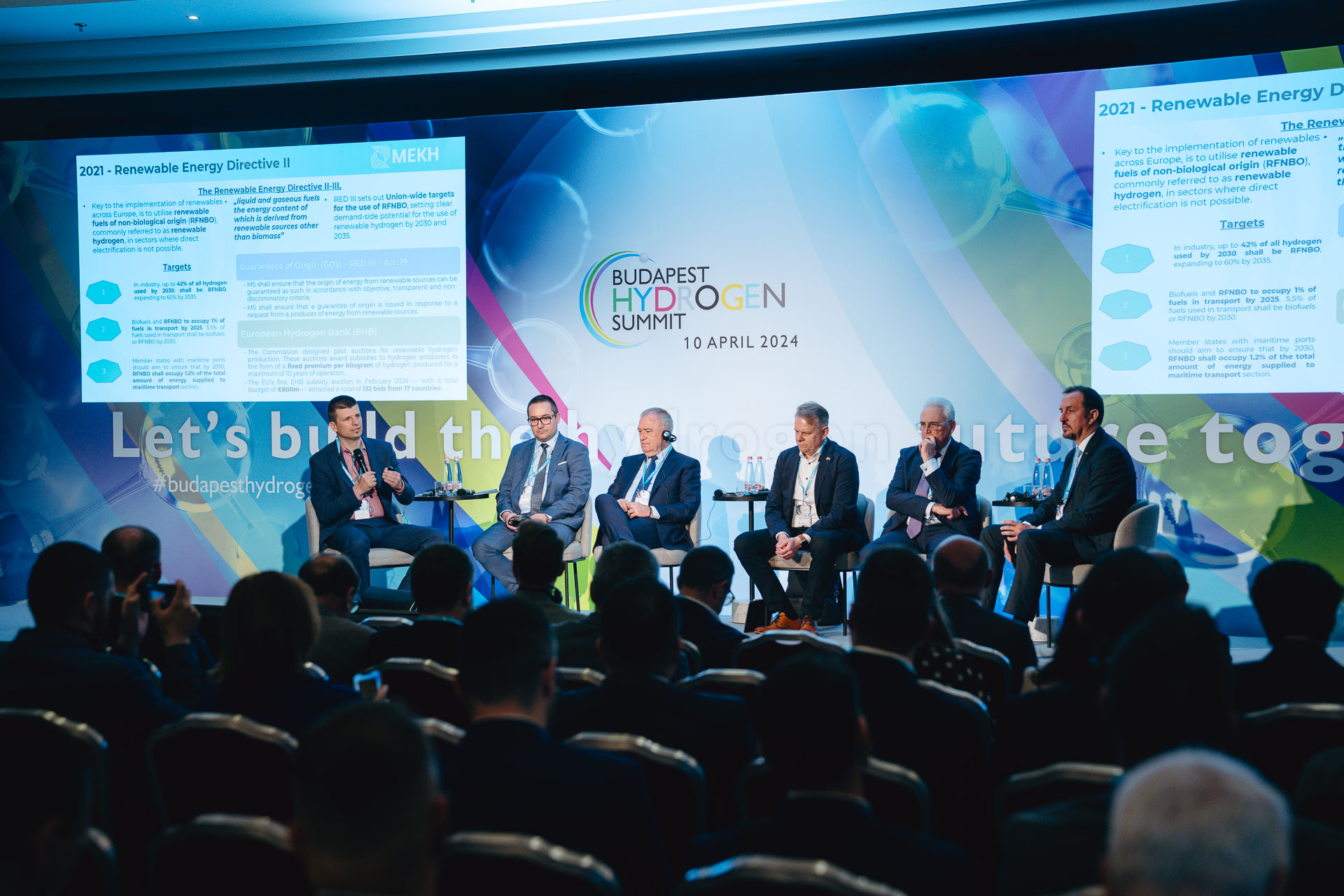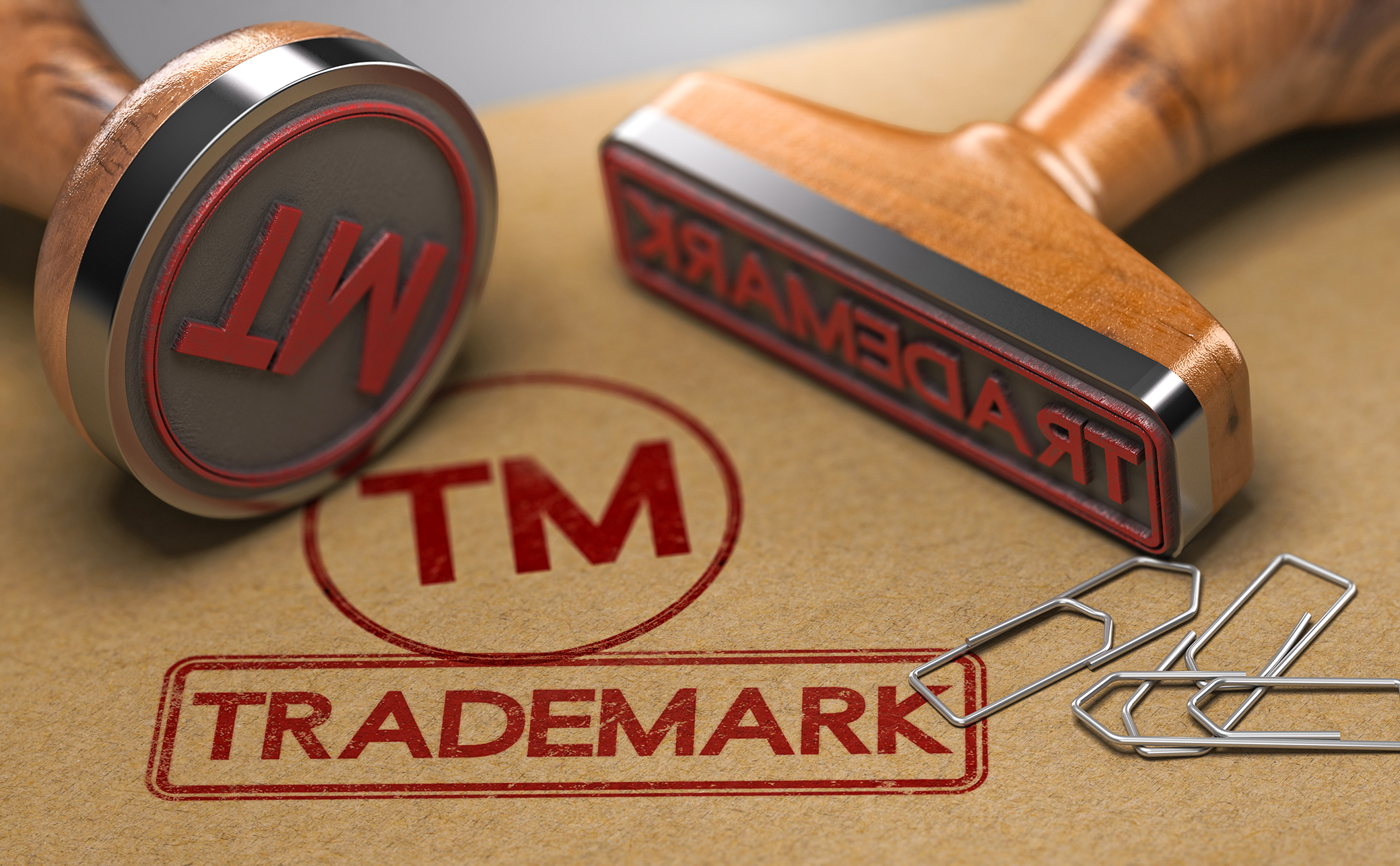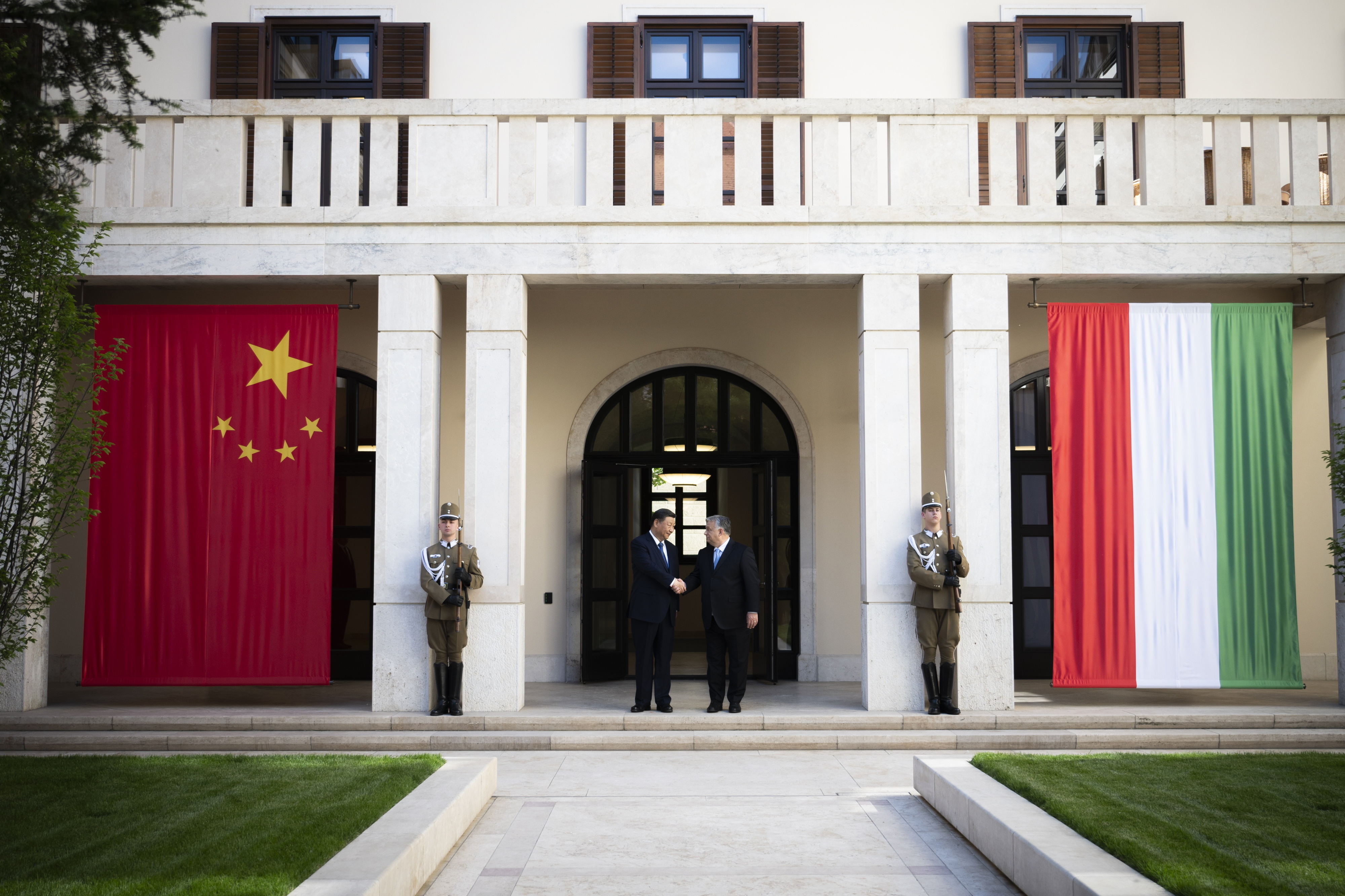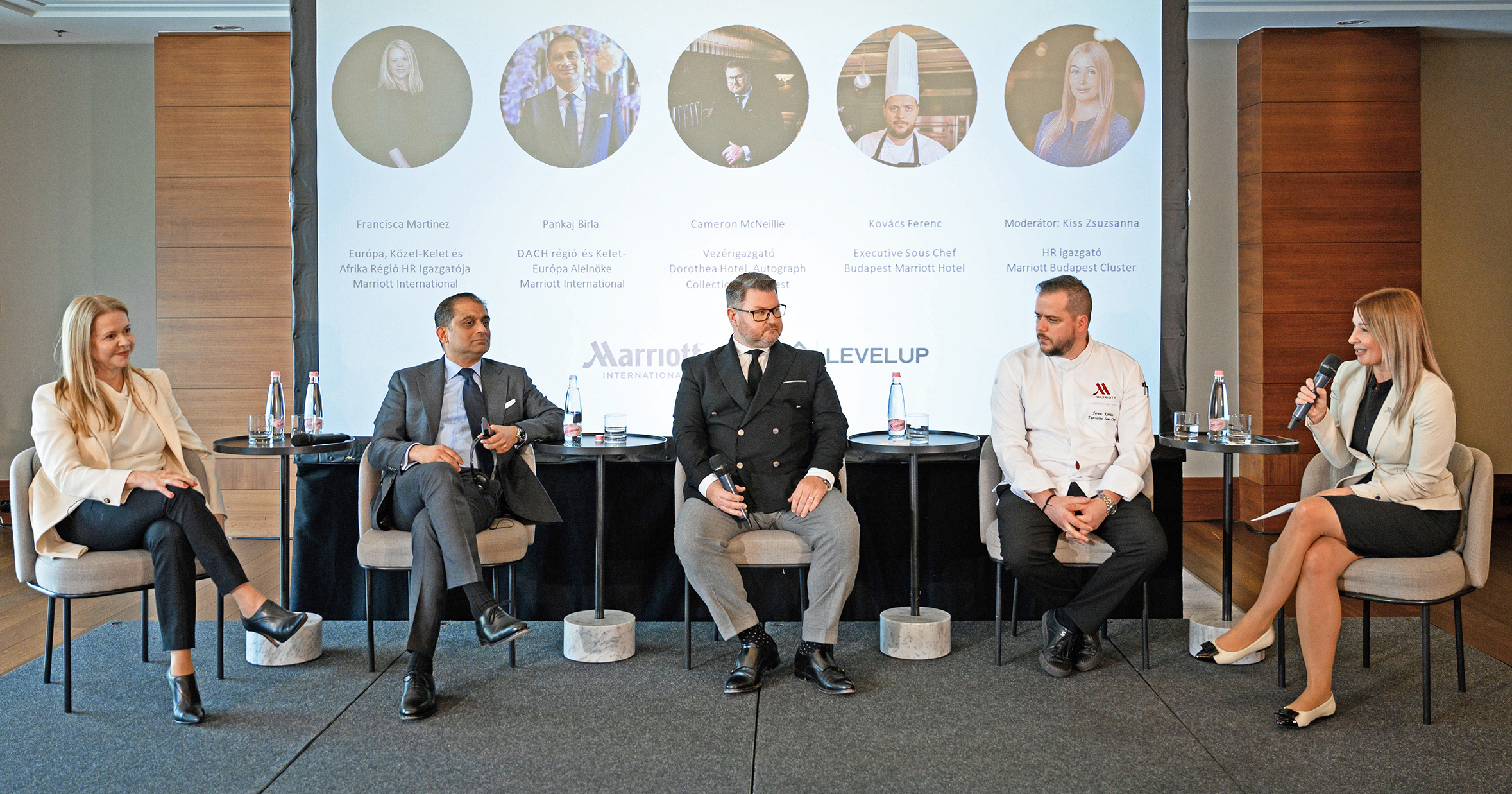Keeping Europe Competitive with Hydrogen: Insights from the Budapest Summit

A roundtable at the 3rd Budapest Hydrogen Summit on April 10.
The Budapest Hydrogen Summit was organized for the third time by White Paper Consulting with the participation of sector leaders from more than 20 countries. With a focus on advancing discussions around the technology and its pivotal role in the global energy transition, the summit brought back together the hydrogen community of Central and Southeastern Europe to discuss the most pressing issues.
State Secretary for Energy and Climate Attila Steiner of the Ministry of Energy of Hungary opened the conference by highlighting that Hungary is currently dependent on fossil fuels. There are three main directions of Hungary’s policy objectives: firstly, to reduce demand for natural gas; secondly, to substitute natural gas with other gases (in which hydrogen has a clear role); and thirdly, electrification, which means energy would be produced locally.
Jorgo Chatzimarkakis, the German-Greek CEO of Hydrogen Europe, suggested three objectives for the upcoming Hungarian presidency of the Council of the EU: a definition of green hydrogen; a definition of low-carbon hydrogen; and a focus on diverse technology.
Gabriel Szabó, downstream executive vice president at MOL Group, underlined that hydrogen will play a critical role in the energy transition, confirming MOL’s interest in further developing this growing market. The Hungarian oil and gas major has reached another important milestone, he said: green hydrogen production will soon commence at MOL’s Danube Refinery.
“Europe is diverse in many ways; so should be its solutions to the climate challenge,” said Bert De Backker, the Europe, Africa and Middle East policy manager at ExxonMobil’s low carbon solutions business.
“It would be welcome if the next European Commission reviews the EU Hydrogen Strategy to openly recognize the role all forms of low carbon hydrogen (including natural gas and nuclear-based) can play in delivering a more cost-competitive solution to the EU industry because cost matters,” he emphasized.
Regional Approach
Regarding the challenges and opportunities along the hydrogen value chain, speakers highlighted that a more regional and pan-European approach is needed.
“Answering FGSZ’s first non-binding hydrogen demand market survey last year, market participants in Hungary have already signalized meaningful demand for green hydrogen,” underlined Zoltán Gellényi, board member at transmission system operator FGSZ.
“To cover this need, both domestic production and significant import volumes might be needed. To establish adequate connections between supply and demand centers, the most cost-effective and sustainable way could be repurposing parts of existing natural gas assets,” he explained.
“Given their industry expertise and good cooperation, natural gas TSOs are ready to engage more in the development and operation of future hydrogen networks, but to connect ‘A’ to ‘B,’ they need to see exactly where the supply will come from,” he added.
OMV Petrom’s vice president for business development, downstream gas and power, Ionut Ciubotaru, also confirmed that it sees natural gas as a primary enabler of the hydrogen economy.
“The transition using natural gas is much smoother; without gas, it’s very difficult to achieve our goals in hydrogen. OMV Petrom just signed two financing contracts from the RRF for producing green hydrogen at the Petrobrazi refinery in Romania,” he explained. Ciubotaru agreed that partnership is key to developing the hydrogen economy and that proven technologies are necessary to take the first step.
Lessons Learned
Ákos Kriston, CEO of Hungarian Gas Storage (MFGT), shared the lessons learned from the Aquamarine project, which began trial operations in 2023. He underlined that the primary goal of MFGT for the mid-2030s is to become a large-scale seasonal electricity storage operator with hydrogen in the reservoirs, and the project is one of the stepping stones to achieve this objective.
Responding to the region’s fast-expanding demand for green energy, Tobias Puklavec, CTO and board chairman, shared the story and mission of Green Energy Park. The company will create a vertically integrated hydrogen value chain connecting upstream and downstream through a mid-stream facility located on the island of Krk in Croatia, unlocking the potential of renewable ammonia.
As the hydrogen economy spans several industries, leaders of hydrogen mobility from Messer, Solaris, Resato Hydrogen Technology, and the Hungarian Mobility Development Agency (Humda) examined the role of hydrogen in fostering sustainable transportation solutions.
“Humba is committed to developing carbon-neutral technological diversity in transportation, which, alongside electrification, cannot overlook thinking along the entire hydrogen value chain,” said Virág Mészáros, CEO of Humda.
She added that it supports the implementation of the National Hydrogen Strategy through various activities, such as education and training, integration of stakeholders involved in the hydrogen economy, raising public awareness, career guidance, and implementing pioneering trials, such as the ongoing Hydrogen Fuel Cell Bus project this year, with its associated charging solutions.
The conference wrapped up with a final panel focusing on hydrogen cooperation in Central and Eastern Europe, featuring speakers from Ukraine, Slovakia, and Greece. They introduced the 3 Seas Hydrogen Council initiative, and the Ukrainian Hydrogen Council and the Hungarian Hydrogen Technology Association signed a memorandum of understanding to map and launch commercial opportunities related to hydrogen technologies.
This article was first published in the Budapest Business Journal print issue of April 19, 2024.
SUPPORT THE BUDAPEST BUSINESS JOURNAL
Producing journalism that is worthy of the name is a costly business. For 27 years, the publishers, editors and reporters of the Budapest Business Journal have striven to bring you business news that works, information that you can trust, that is factual, accurate and presented without fear or favor.
Newspaper organizations across the globe have struggled to find a business model that allows them to continue to excel, without compromising their ability to perform. Most recently, some have experimented with the idea of involving their most important stakeholders, their readers.
We would like to offer that same opportunity to our readers. We would like to invite you to help us deliver the quality business journalism you require. Hit our Support the BBJ button and you can choose the how much and how often you send us your contributions.












